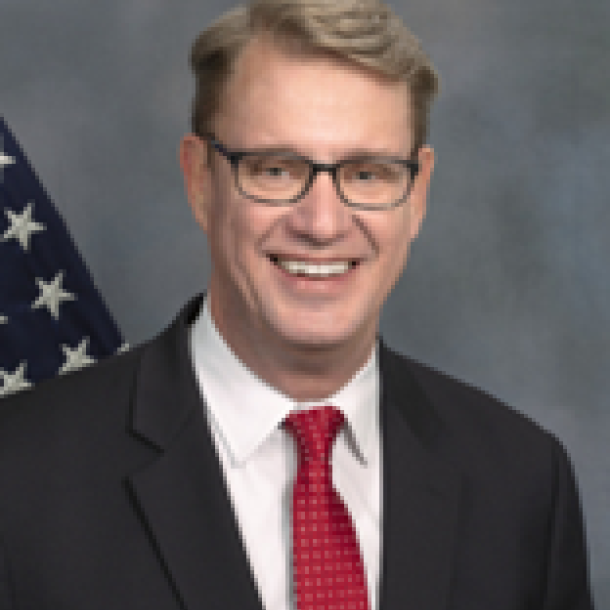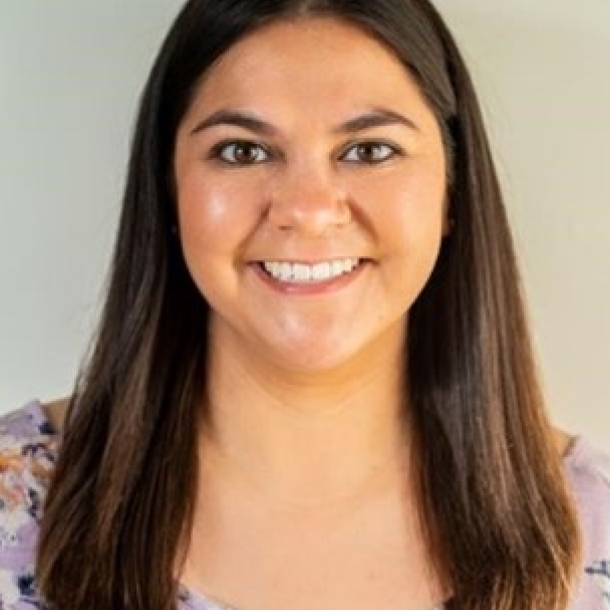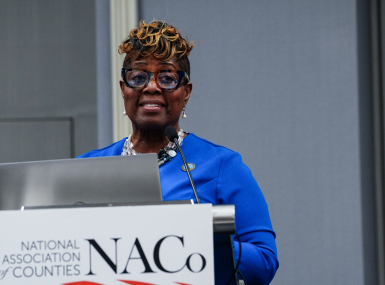County Strategies Supporting Older Adults and Their Caregivers

Available On-Demand
This webinar is available on-demand. If you have issue accessing the recording, please email nacomeetings@naco.org.
Caregivers provide care every day to the growing aging population in communities across the nation. They also fill the ever-growing gaps in the direct care workforce and help older adults age in place. County leaders are shifting their systems and implementing service delivery approaches to expand caregiver access to services and supports. Join NACo and the National Academy for State Health Policy (NASHP) to learn more about the new Action Guide for counties, how counties can leverage the National Strategy to Support Family Caregivers and innovative programs at the local level to support family caregivers and increase their access to county-based services.
Watch Recording
Click here to access the recording in a new window.
Speakers

Wendy Fox-Grage

Greg Link

Joy Bivens

Allegra Joffe

Ashley Stevens, MSW, LCSW
Related News

HHS Secretary Kennedy touts fixes for obesity, chronic illness, mental health issues
Counties can help improve health outcomes by prioritizing prevention over treatment, Robert F. Kennedy Jr., secretary of the U.S. Department of Health and Human Services told NACo Legislative Conference attendees.

Congress seeking ‘common-sense solutions’ to unmet mental health needs
Rep. Andrea Salinas (D-Ore.): “Right now, it is too difficult to access providers … and get mental health care in a facility that is the right size and also the appropriate acuity level to meet patients’ needs.”

Prince William County transforms crisis care through "No Wrong Door" approach
Prince William County, Va.’s Crisis Receiving Center is bridging the gap between emergency room care and traditional outpatient care in behavioral crisis response and reducing burden on local law enforcement and hospitals.
